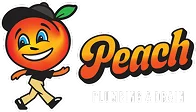Palette Plumbing is Now Part of the Peach Family!
Signs of a Clogged Drain and How to Fix It
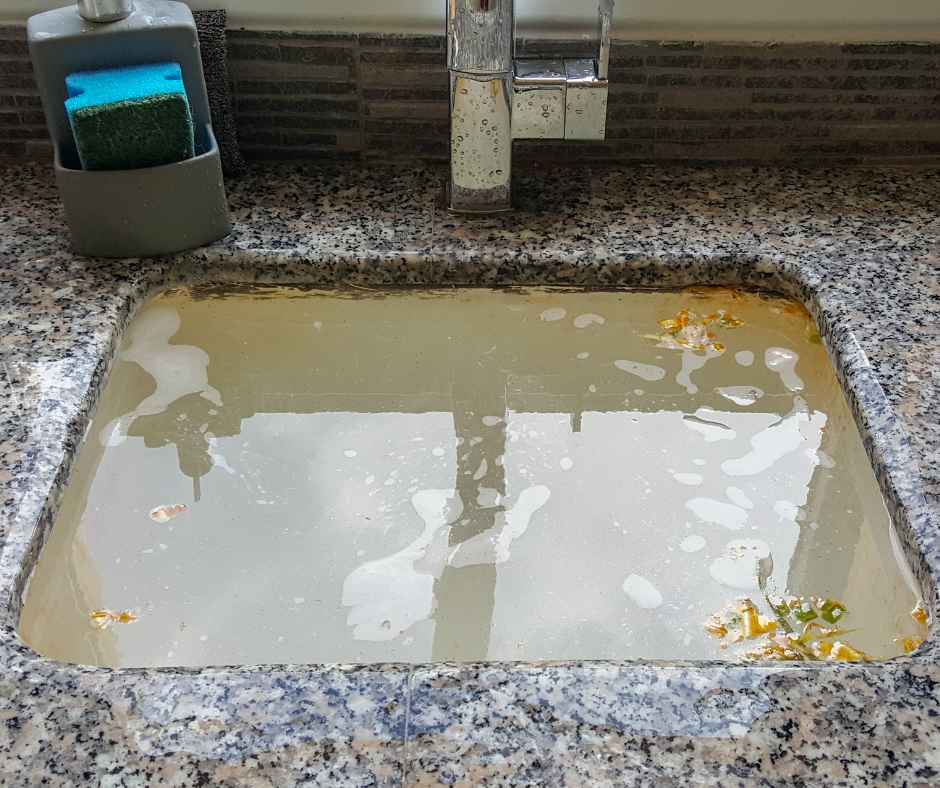
A slow-draining sink or gurgling toilet might seem like a minor inconvenience until it turns into a full-blown plumbing problem. Clogged drains are one of the most common (and frustrating) issues homeowners face, often creeping up with little warning. But ignoring the early signs can lead to unpleasant smells, messy backups, and even costly water damage. The good news? Most clogs give off clear signals before things get out of hand, and some of them are easier to fix than you might think.
In this blog, we’ll walk you through the most common signs of a clogged drain, why they happen, how you can tackle them yourself, and when it’s time to call in the pros. Let’s start by breaking down what a clogged drain really means—and why it’s more serious than it looks.
What Happens When a Drain Gets Clogged
When your drain is clogged, it means something is preventing water from moving freely through the pipes. Over time, small particles like hair, grease, soap scum, food scraps, or even dirt can build up and block the flow. These clogs can form close to the drain opening or deeper in your plumbing system, depending on the source of the blockage.
Clogged drains are incredibly common because of how frequently we use sinks, showers, and toilets. Even if you’re careful about what goes down your drains, small particles can gradually collect and create slowdowns. In older homes, pipe materials and years of buildup make them even more vulnerable.
If left untreated, a clogged drain can become more than just a nuisance. It can cause water to back up into your sinks or tubs, lead to unpleasant odors, damage your pipes, or even trigger health concerns due to bacteria growth. In severe cases, it can impact multiple drains and point to problems in your main sewer line.
Key Signs Your Drain is Clogged
Recognizing the early symptoms of a clogged drain can save you from bigger headaches down the line. Here’s what to look for and why these issues occur.
Common Signs
- Water Drains Slowly: If sinks, tubs, or showers take longer than usual to empty, a clog is likely forming.
- Gurgling Noises: Bubbling sounds from your drains or toilet often indicate trapped air caused by a blockage.
- Unpleasant Odors: Bad smells rising from the drain can be a sign of rotting food, waste buildup, or bacteria.
- Water Backing Up: When water comes up in one fixture after using another (like the shower filling when you flush the toilet), there’s a deeper issue.
- Frequent Plunging: If you find yourself reaching for the plunger more often than not, there’s likely an unresolved clog.
- Standing Water: Pools of water in sinks, tubs, or around drains are a red flag.
- Wet Spots Under Cabinets: Leaks from trapped water can lead to hidden water damage beneath sinks.
Causes/Why It Happens
- Hair Buildup: Hair is one of the most common culprits in bathroom sink and shower clogs.
- Grease and Food Debris: Grease, oil, and food scraps can harden and cling to kitchen pipes.
- Soap Scum or Minerals: Over time, soap residue and hard water minerals create layers of buildup.
- Foreign Objects: Items like floss, cotton swabs, or small toys can accidentally enter the drain and cause blockages.
- Tree Root Invasion: Roots can break into outdoor sewer lines, slowing or stopping drainage altogether.
- Aging Pipes: In older homes, corroded or collapsed pipes can cause frequent and stubborn clogs.
Solutions to Fix a Clogged Drain
Not all clogged drains require a plumber—but knowing when to try a DIY fix and when to call in the pros can save you both time and trouble.
DIY Solutions
- Use a Plunger: For minor clogs, plunging can create enough pressure to dislodge the blockage and restore flow.
- Try a Baking Soda + Vinegar Flush: Pour ½ cup of baking soda followed by ½ cup of vinegar down the drain. Let it fizz for 15 minutes, then flush with hot water.
- Use a Drain Snake or Zip-It Tool: These inexpensive tools can pull out hair or debris near the surface of the drain.
- Clean the Drain Trap: For under-sink clogs, place a bucket underneath, unscrew the trap, and clean out any gunk.
- Avoid Chemical Cleaners: They may offer a quick fix, but they’re harsh on your plumbing and can cause long-term damage.
When to Call a Professional
- Persistent or Recurring Clogs: If your drain keeps clogging even after trying DIY fixes, there may be a deeper issue.
- Multiple Affected Fixtures: Slow drains in more than one area of your home often point to a main line blockage.
- Foul Sewer Odors: If your home smells like sewage, it could be a sign of a more serious plumbing concern.
- Suspected Pipe Damage or Tree Roots: Only a professional can properly inspect, diagnose, and repair these issues.
- Water Backups or Flooding: If water is coming back up through other drains, call immediately to prevent water damage.
- You’re Not Sure What to Do: Don’t risk making the issue worse—trained plumbers have the tools and experience to fix it right the first time.
Tips to Prevent Clogged Drains in the Future
The best way to deal with clogged drains? Stop them before they start. With a few easy habits and routine maintenance, you can keep your plumbing flowing freely year-round.
- Use Drain Screens or Hair Catchers: These inexpensive tools trap hair and debris before they enter your pipes.
- Don’t Pour Grease Down the Sink: Let grease and oil solidify in a container, then toss them in the trash instead.
- Flush with Hot Water Weekly: Pouring hot water down your drains helps break up light buildup and keeps things moving.
- Use Enzyme Cleaners for Maintenance: Monthly treatments with enzyme-based cleaners help dissolve organic materials naturally.
- Keep Food Scraps Out of the Drain: Even with a garbage disposal, scrape plates and pans into the trash first.
- Educate Your Household: Make sure everyone knows not to flush wipes, paper towels, or hygiene products.
- Schedule Routine Plumbing Inspections: A licensed plumber can catch small issues before they become big, expensive problems.
Wrap-Up: Stop Drain Problems Before They Start
Clogged drains may seem like a small nuisance at first, but they often signal bigger plumbing issues just around the corner. Catching the warning signs early—like gurgling sounds, slow drainage, or unpleasant odors—can save you from unexpected repairs and damage to your home. And while a few quick fixes can help in the short term, recurring problems need a professional touch.
Whether you’re dealing with a stubborn clog or simply want peace of mind, Peach Plumbing & Drain is here for you. Our friendly, experienced team proudly serves the Atlanta area with fast, reliable drain cleaning and plumbing services. Contact us today to schedule your service and get your drains flowing smoothly again.
Recent News
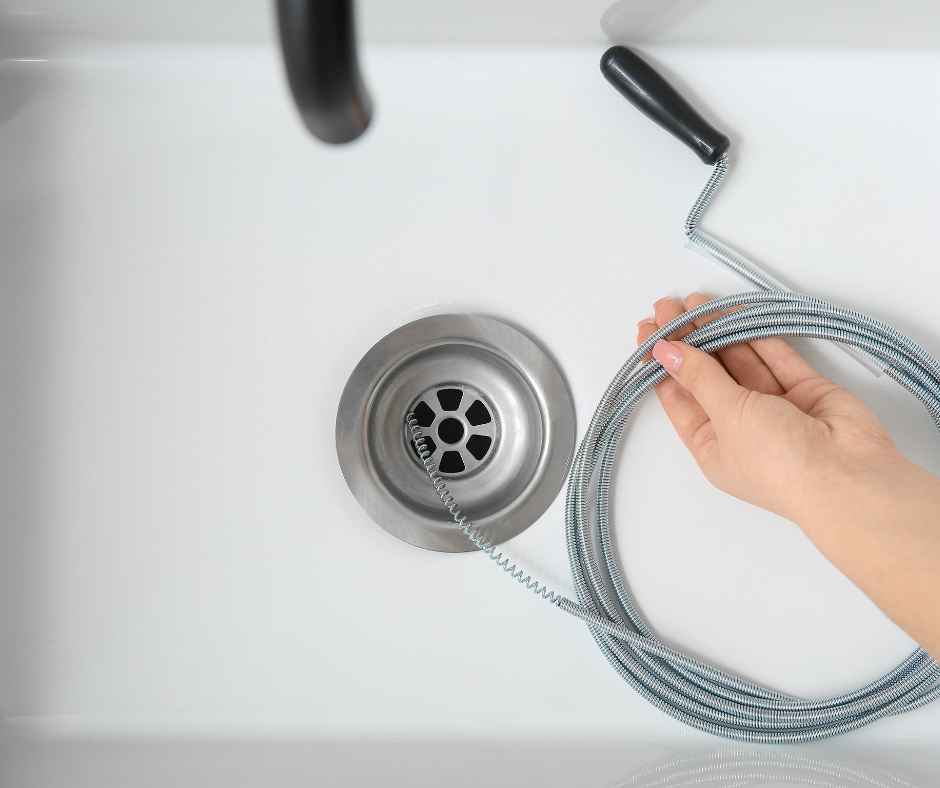
Why Professional Drain Cleaning Is Critical Before Holiday Gatherings
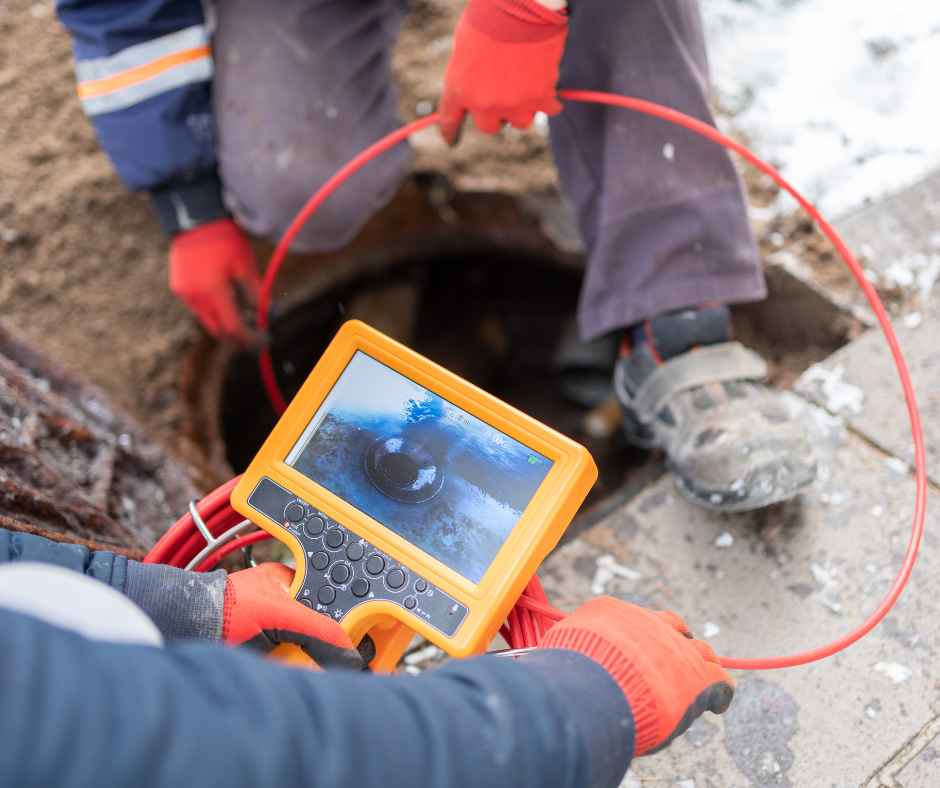
How Sewer Line Problems Disrupt Atlanta Homes in Winter
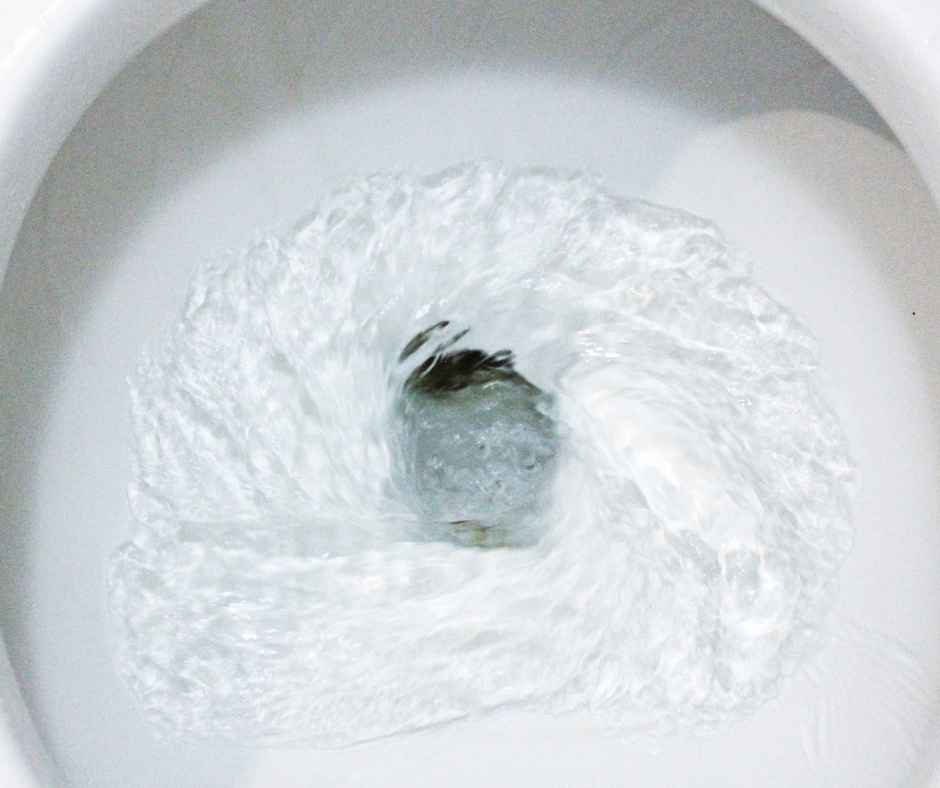
Water-Saving Plumbing Upgrades That Actually Pay Off
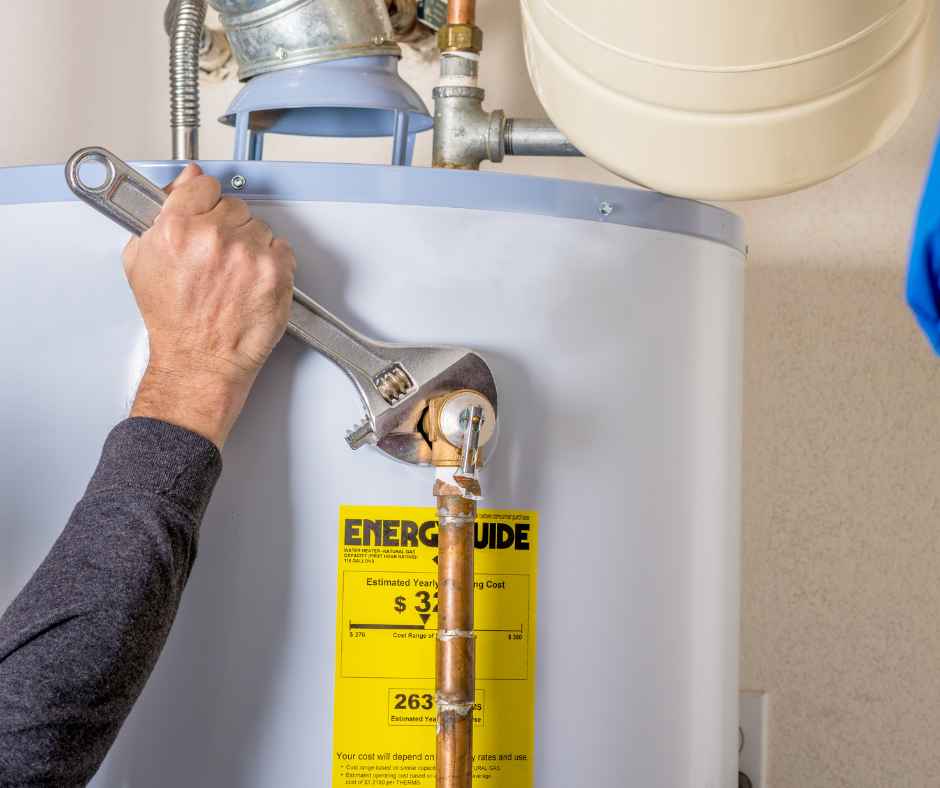
How to Choose the Right Water Heater for Your Home
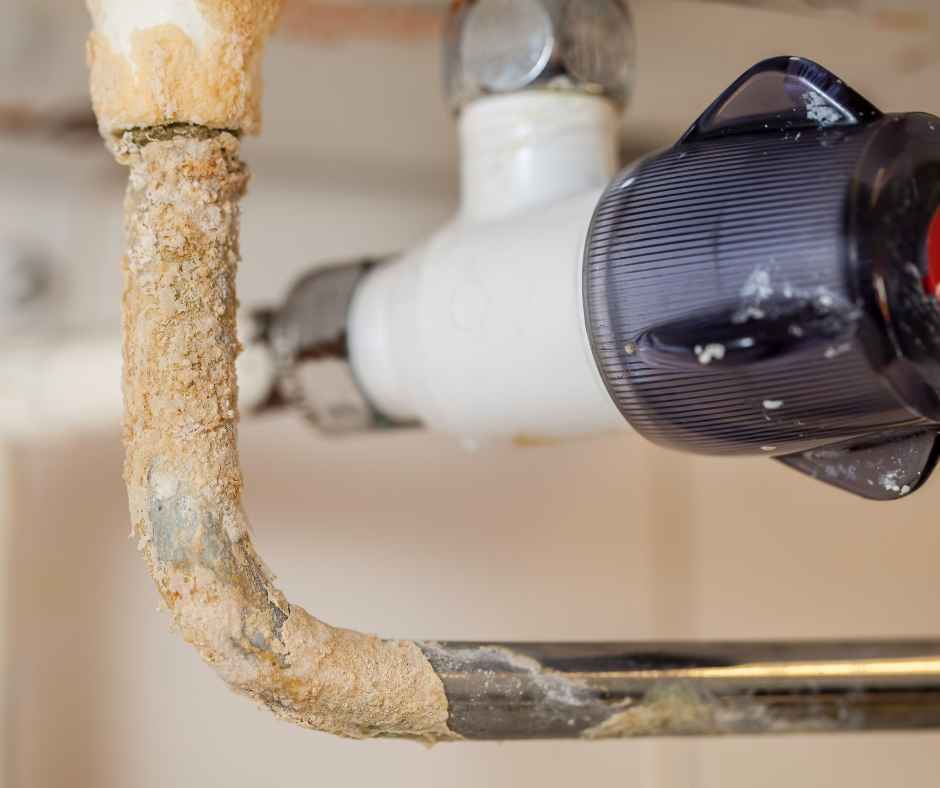
Hard Water in Atlanta: Is It Ruining Your Plumbing?
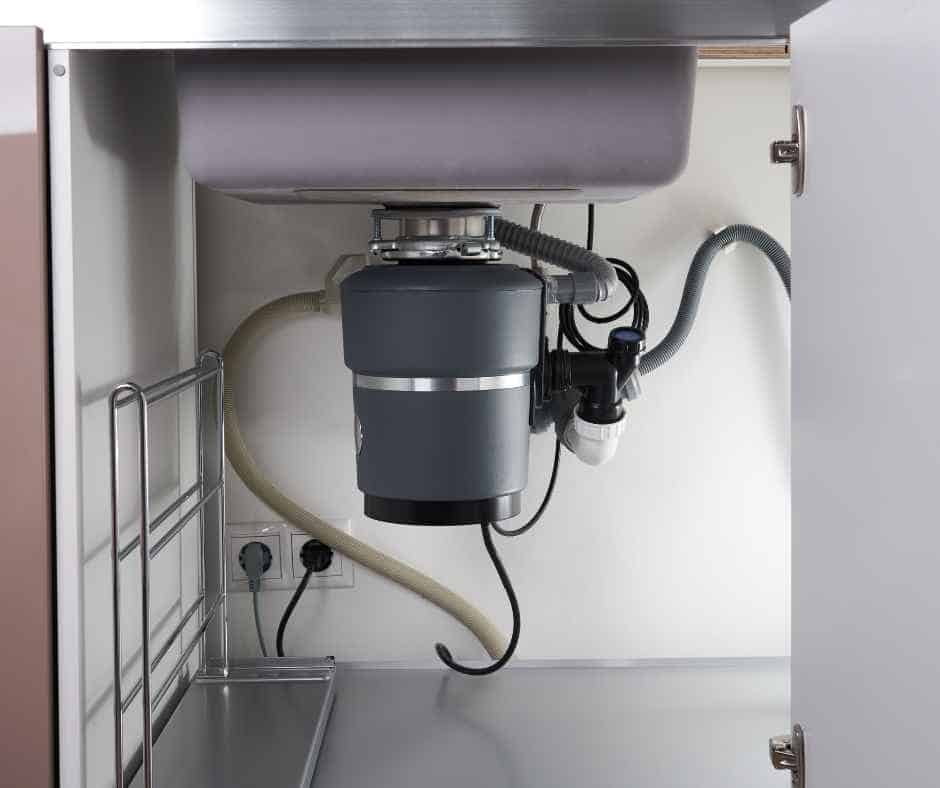
Why Is My Garbage Disposal Making a Humming Noise?

Peach Plumbing & Drain Merges With Palette Plumbing
Get in Touch
